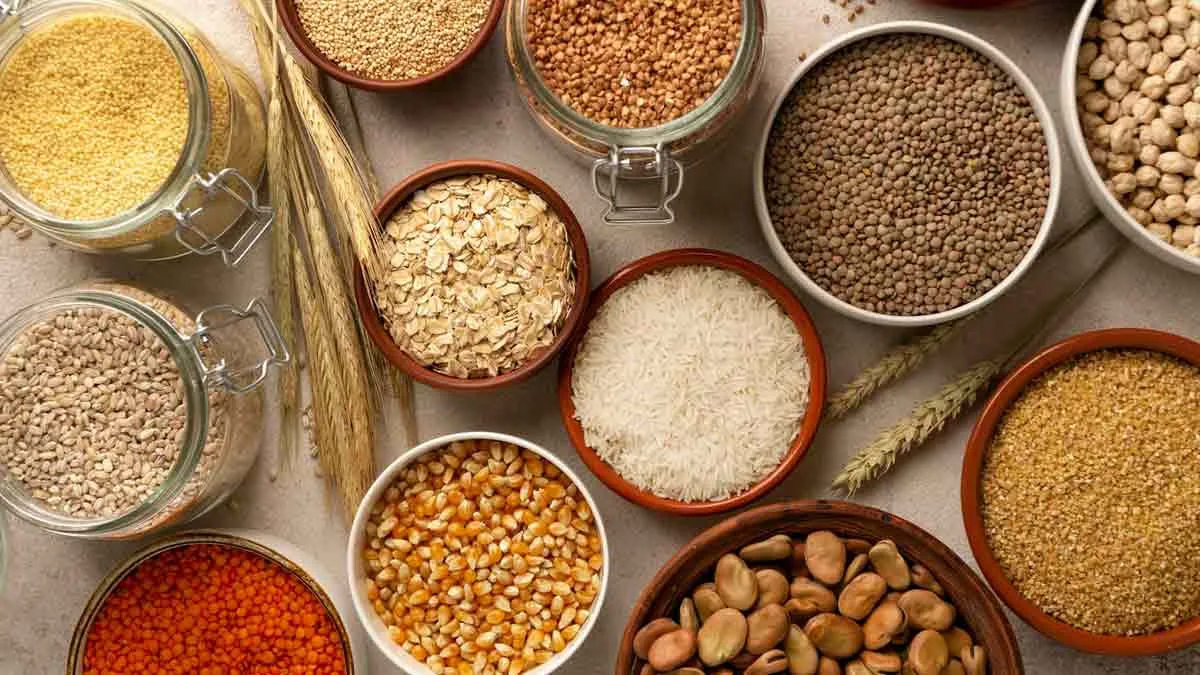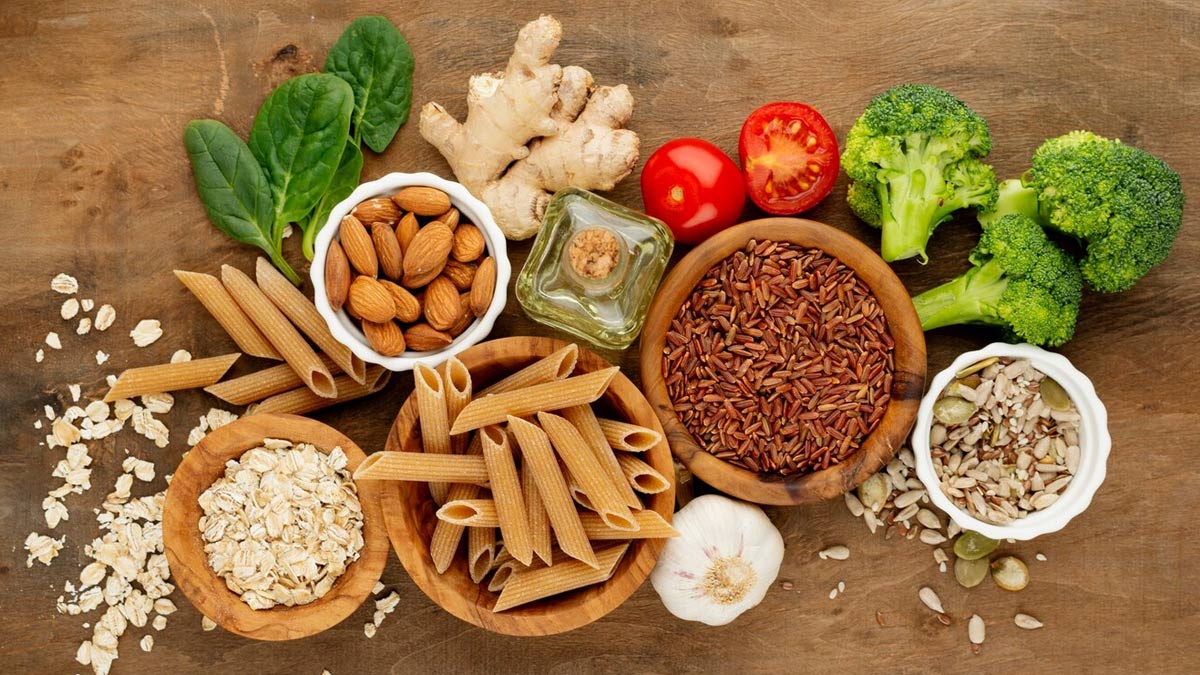
Living with Ulcerative Colitis (UC) often means paying closer attention to what you eat. UC is a chronic Inflammatory Bowel Disease (IBD) that causes inflammation and ulcers in the large intestine, or the colon and rectum. Since UC causes inflammation in the colon, certain foods can worsen symptoms during flare-ups, while others may actually help support gut health in remission. One of the biggest dietary concerns for people with UC is fibre. While fibre is generally considered essential for healthy digestion, its effect on UC patients can be more complex.
Table of Content:-
We asked Dr Pradipta Sethy, Director of Gastroenterology, Manipal Hospitals, EM Bypass and Mukundupur, to explain how fibre impacts digestion in ulcerative colitis and which foods are easier to tolerate.
Also Read: What Is Fibremaxxing? Expert Shares If This Viral Trend Is Boon or Bane
How Fibre Affects Digestion In Ulcerative Colitis

For most people, fibre is beneficial because it improves bowel movement, supports gut bacteria, and helps prevent constipation. "But for people with ulcerative colitis, fibre's impact on digestion is complex and depends on the disease state," says Dr Sethy.
During a flare-up: A high-fibre diet can make diarrhoea, abdominal cramps, and bloating worse. That’s why doctors often recommend a low-fibre diet with more soluble fibre, which is gentler on the gut.
During remission: Once symptoms are under control, a diet rich in fibre, including both soluble and insoluble types, can promote long-term gut health and better digestion.
Are All Fibre-Rich Foods Bad For Patients With Ulcerative Colitis?

The short answer is no. According to Dr Sethy, it is not fibre itself that’s the problem but the type of fibre and the timing of its consumption.
Soluble fibre (found in bananas, oats, peeled potatoes, and cooked carrots) is usually better tolerated, even during flare-ups, because it helps absorb excess water and firms up stools.
Insoluble fibre (found in whole grains, nuts, seeds, and raw vegetables) can be more difficult to digest during active inflammation but is highly beneficial when the disease is under control.
So, fibre isn’t something UC patients should completely avoid; it just needs to be managed carefully.
High-Fibre Foods That Are Easier to Tolerate in Remission
Once a patient enters remission, fibre becomes an important part of a balanced diet. Dr Sethy suggests starting with foods that are easier to tolerate and gradually reintroducing others. Some good options include:
- Bananas and applesauce
- Cooked carrots, zucchini, or pumpkin
- Oats and oatmeal
- Peeled and boiled potatoes
- Lentil soups (well-cooked)
Gradually, insoluble fibre such as whole grains, raw fruits, and vegetables can be added back into meals depending on tolerance levels.
Also Read: Fibre For IBS-Constipation: Everything A Gastroenterologist Wants You To Know
Dietary Adjustments During Flare-Ups
Flare-ups can be painful and disruptive, so diet plays a crucial role in easing symptoms. A low-fibre and low-residue diet is usually recommended to reduce stool frequency and irritation in the colon.

Key adjustments include:
- Limiting whole grains, raw fruits and vegetables, nuts, and seeds
- Focusing on soluble fibre foods like bananas, oats, and applesauce
- Avoiding spicy, greasy, or fried foods
- Cutting back on caffeine, alcohol, and carbonated drinks
- Reducing dairy intake, since many UC patients develop temporary lactose intolerance
Conclusion
People with ulcerative colitis don’t necessarily need to avoid fibre altogether. Instead, it’s about choosing the right type of fibre at the right time. Soluble fibre is often easier on the gut during flare-ups, while insoluble fibre can be reintroduced gradually during remission to support long-term digestive health. Consulting a healthcare provider or nutritionist is key to ensuring that dietary adjustments help manage UC symptoms without compromising overall nutrition.
Also watch this video
How we keep this article up to date:
We work with experts and keep a close eye on the latest in health and wellness. Whenever there is a new research or helpful information, we update our articles with accurate and useful advice.
Current Version
